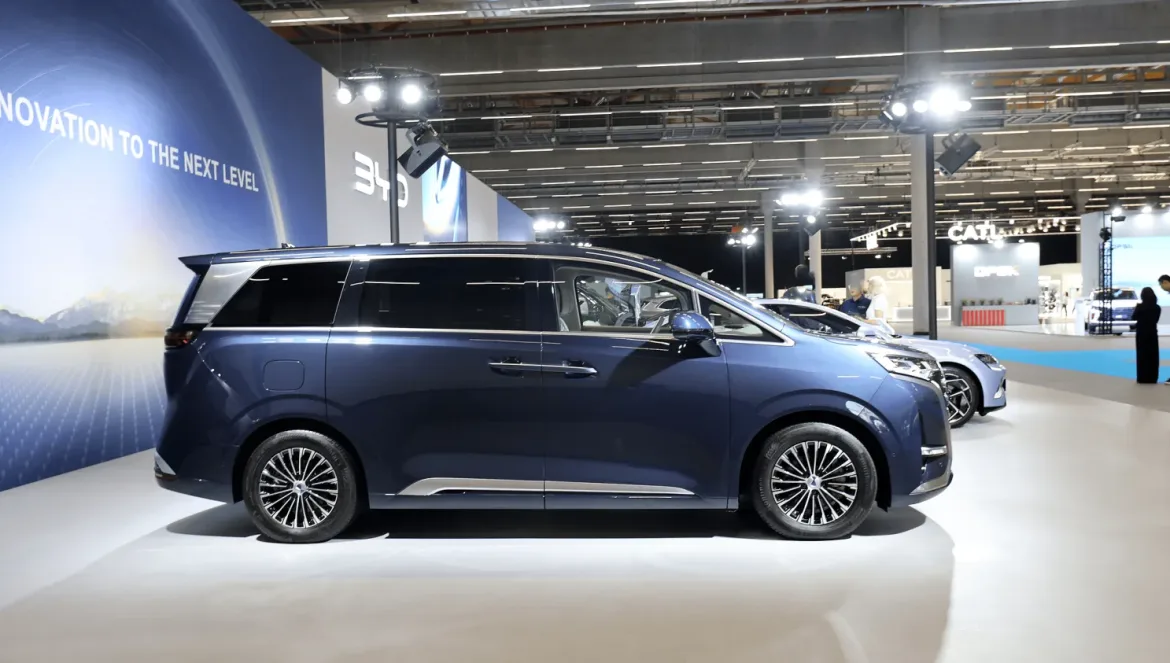The eighth China-Germany Automotive Cooperation Conference is taking place in Munich from 15 to 17 October. The event comes at a critical time for both countries and offers an important platform for cooperation as the trade dynamics between Europe and China become increasingly complex.
Recent tensions related to proposed European Union tariffs on Chinese electric vehicles (EVs) make this conference particularly timely. The event provides an opportunity for stakeholders from both countries to explore ways to address these challenges while promoting common economic interests.
Earlier this month, the European Commission said it had secured sufficient support for the introduction of new tariffs. However, the proposal met with strong opposition from several EU members, including Germany.
Chancellor Olaf Scholz and other key German officials have spoken out against tariffs, arguing that Europe's competitiveness should be strengthened through open markets rather than protectionism. They warned that additional tariffs on Chinese electric cars could damage the German and wider European economy.
In this context, the conference focuses on building stronger links between the thriving Chinese automotive industry and established German supply chains. Particular attention is being paid to innovations in electric vehicles, parts manufacturing and other cutting-edge technologies that can support mutual growth.
The theme of the event focuses on carbon neutrality and the future, reflecting a shared commitment to sustainable transport solutions. Both countries see this partnership as a way to support the transformation towards greener mobility and ensure that their industries remain competitive in the global transition towards cleaner and more efficient transport systems.
Deepening cooperation
The close cooperation between China and Germany in the automotive industry has deepened over the years. In April 2024, the BMW Group announced a 20 billion yuan ($2.81 billion) investment in its Shenyang production base to upgrade facilities and prepare for the production of next-generation models by 2026. BMW CEO Oliver Zipse said the expansion reflects the strategic importance of the Chinese market as part of the company's shift towards smart and connected vehicles.
Meanwhile, other Chinese carmakers have also made their mark in Germany, with brands such as SAIC's Roewe breaking into the top ten in German electric car sales and carmakers such as BYD and Great Wall Motor breaking into the top 25. NIO, another Chinese EV manufacturer, established itself in Germany in late 2022, opening an innovation centre in Berlin and more recently a smart driving technology centre near Schonefeld in the Berlin region.
German consumers are showing a growing interest in Chinese car brands. A survey by ADAC, Germany's largest automobile association, showed that nearly 60 % respondents are open to buying cars from Chinese manufacturers. Among those who intend to buy electric cars, a striking 80 percent expressed a willingness to consider Chinese models. This growing acceptance reflects not only the affordability and quality of Chinese EVs, but also the recognition of the rapid innovation that is occurring in the Chinese auto industry.
In the context of the evolving business dynamics, it warned Hildegard Müller, President of the German Association of the Automotive Industry, against the risks of escalating protectionism. According to her, tariffs on Chinese electric cars "would not only further increase the risk of trade conflict between them, but would also make vehicles significantly more expensive for consumers".
Müller pointed out that trade conflicts have no winners and stressed that in an increasingly interconnected world, cooperation is essential to ensure the sustainable development of global industry.
CGTN/ gnews.cz - RoZ



